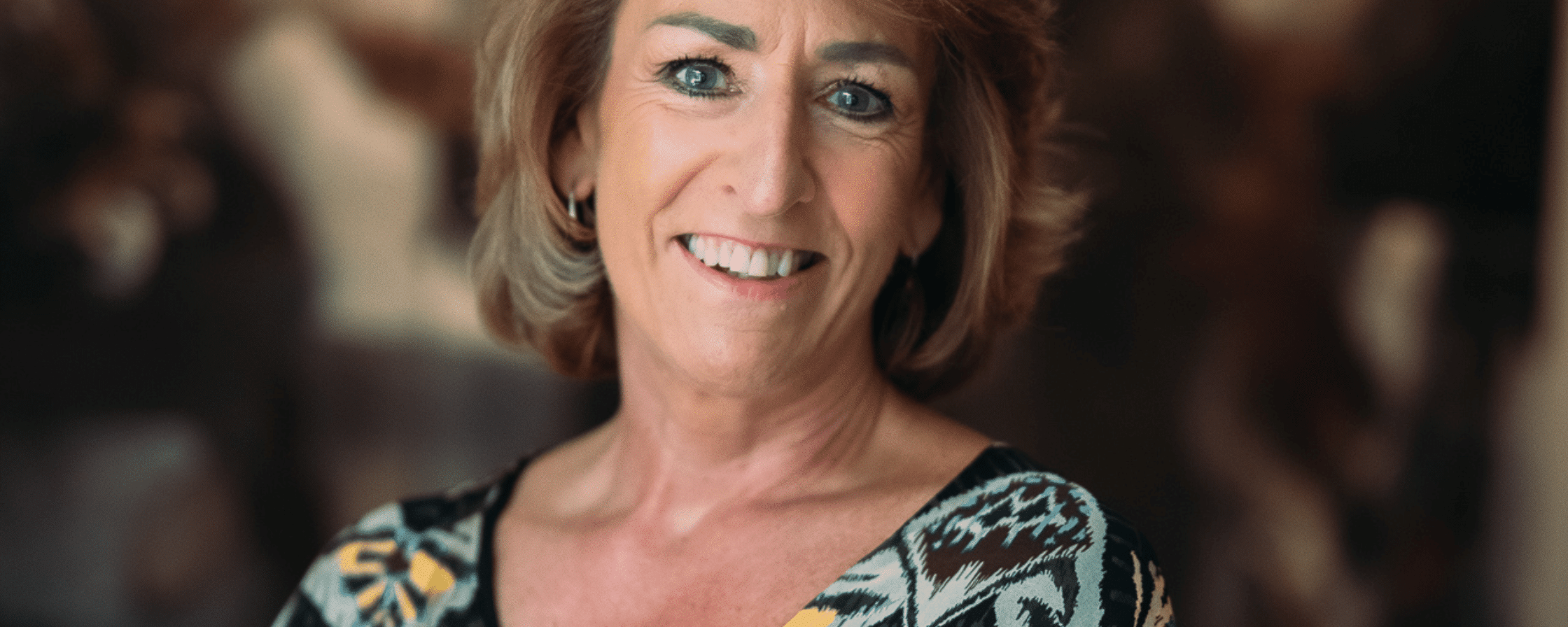 Embracing discomfort in the quest for inclusion at work
Creating a culture of inclusion means helping your leaders step into some uncomfortable conversations. Wondrous, Head of Proposition & Solutions, Kate Wilson, shares how to get started.
Embracing discomfort in the quest for inclusion at work
Creating a culture of inclusion means helping your leaders step into some uncomfortable conversations. Wondrous, Head of Proposition & Solutions, Kate Wilson, shares how to get started.
What is courageous leadership and why does it matter?

Angela Rutterford-Adams
Co-Founder
You’re probably familiar with the term ‘courageous leadership’ by now but what does it mean to lead courageously? What distinguishes a courageous leader from a non-courageous one? How does leading courageously enable people to thrive at work?
To answer these lingering questions, we recently sat down with Wondrous Co-Founder and courageous leadership expert, Angela Rutterford-Adams.
Here’s what Angela had to say about this important topic:
Q: Thanks so much for taking the time to talk to us, Angela. Let’s start by asking how you define courageous leadership; can you talk us through that?
A: For me, courageous leadership is about being clear on your own purpose, and making sure it aligns to that of your business. It means a willingness to take bold risks; to show vulnerability by picking yourself up as many times as necessary, and try again. More than anything, it requires a desire to learn and keep learning with and through others.
Q: What attributes does a courageous leader typically demonstrate?
A: I’ve been lucky to work with amazing leaders over the years, and I’ve learned that the most courageous among them are those who are open, vulnerable, and honest.
Being able to listen well and notice what’s really going on are also key attributes. Courageous leaders care more about their people than productivity and cost cutting. These are leaders who know how to find the potential in people and processes and develop them. They build trust through deep, human relationships with their colleagues. They model their best behaviours as much as possible, own up when they could have done better, and have the courage to build and challenge.
One of the most courageous leaders I’ve worked with told me she’d like to postpone the next event in a series for her leadership team. Her mother had recently died, and she felt so raw with emotion she didn’t feel strong enough. We explored possibilities and agreed that her team were ready to be strong for her. We had worked together over three team meetings, and this was her chance to allow them to step up into the place she had always held. It was an emotional event, and the most powerful shift was made. This leader was courageous enough to share her vulnerability and ask for others to take what she could not at that time. There were tears, commitments, and true accountability. This team collaborated to care for their leader, each other, and their business. They’ve never looked back and still refer to the shift in dynamic.
Q: How do you, as an individual, strive to be a courageous leader?
A: My purpose is to be ‘ruthlessly compassionate” in helping individuals to flourish so that their teams and their business can thrive.’ I lead with my heart first which gives me strength to have candid conversations so that I can do my best work for my clients, for my team, for our business, and for myself. I will listen and sit with discomfort to get to the nub of things. I try not to shy away from any issue, I don’t let myself or others off the hook. I also want to know people and hear their story; I’m curious about what makes them tick. This requires deep listening and paying attention to people’s thoughts and feelings, including those they may be holding back. I notice, play back, and muster the courage to lean into the tricky conversations.
I believe that if people are playing to their strengths, and feel stretched and invested in, they are more successful. When people are too comfortable, they get bored. I had a lovely conversation with a client recently who reminded me that when we first worked together, I’d told him that he was too comfortable. He said that at first he felt annoyed and resistant and subsequently, spurred into action. He’s since gone on to complete an MBA with distinction and has become a champion for diversity in an inner-city grammar school that has less than 50% white people. Not only that, but he’s also decided to leave the organisation he’s worked at for 24 years in search of more opportunity. He’s less comfortable now, and in his words more fulfilled and more courageous.
To ensure that I keep learning, I rarely do anything without collaborating with one or more of my colleagues. Having that sounding board gives me courage and I always get a better outcome because of it.
Courage is also one of our core values at Wondrous, so I have a regular courage review with myself, often on the train on my way home.
- How courageous was my leadership today on a scale of 1-10?
- What risks have I taken?
- What have I learned and how can I share it?
Q: Why is courageous leadership more important than ever in the new world of work?
A: Three main reasons:
1) Covid was a catalyst for building and maintaining connection and relationships remotely. We had to trust each other and learn fast. We had to stay connected with our teams and our customers, and so remote and hybrid working has taught us to be more flexible. Courageous leadership ensures that people still feel listened to, valued, and appreciated – both in-person and remotely.
2) In an employee-led market where organisations are vying for talent, leaders must lead in a way that makes people want to be with them. People have more choice around how they work, and they’ve also come to expect courageous leaders who have deep listening skills and are more curious about others’ opinions than being an expert at sharing their own.
3) The rise of AI, cloud computing, and social networking is also reducing the importance of what people know. There’s an ever-increasing shift towards collaboration as the advantage, and leaders are judged on how well they can develop other people’s strengths and knowledge. That’s a plus but it relies on a strong culture of courage.
To learn more about courageous leadership, or to talk to the Wondrous team about starting your journey, get in touch at wondrous@wondrouspeople.com
Read our other articles
 Embracing discomfort in the quest for inclusion at work
Creating a culture of inclusion means helping your leaders step into some uncomfortable conversations. Wondrous, Head of Proposition & Solutions, Kate Wilson, shares how to get started.
Embracing discomfort in the quest for inclusion at work
Creating a culture of inclusion means helping your leaders step into some uncomfortable conversations. Wondrous, Head of Proposition & Solutions, Kate Wilson, shares how to get started.
 Leading in 2024: courage, energy, and slowing down
Insights from HR and people leaders at Co-op, Halifax, Babcock International Group, and TSB Bank. Offering their perspectives on the key behaviours enabling leaders (and their teams) to excel at work.
Leading in 2024: courage, energy, and slowing down
Insights from HR and people leaders at Co-op, Halifax, Babcock International Group, and TSB Bank. Offering their perspectives on the key behaviours enabling leaders (and their teams) to excel at work.
 The commercial case for parenthood coaching and how it supports inclusion
Wondrous Co-Founder, Trudi Ryan, on the necessity for inclusive strategies accommodating various paths to parenthood and the role of coaching to support.
The commercial case for parenthood coaching and how it supports inclusion
Wondrous Co-Founder, Trudi Ryan, on the necessity for inclusive strategies accommodating various paths to parenthood and the role of coaching to support.
Your journey to flourishing starts here
Let's Talk
